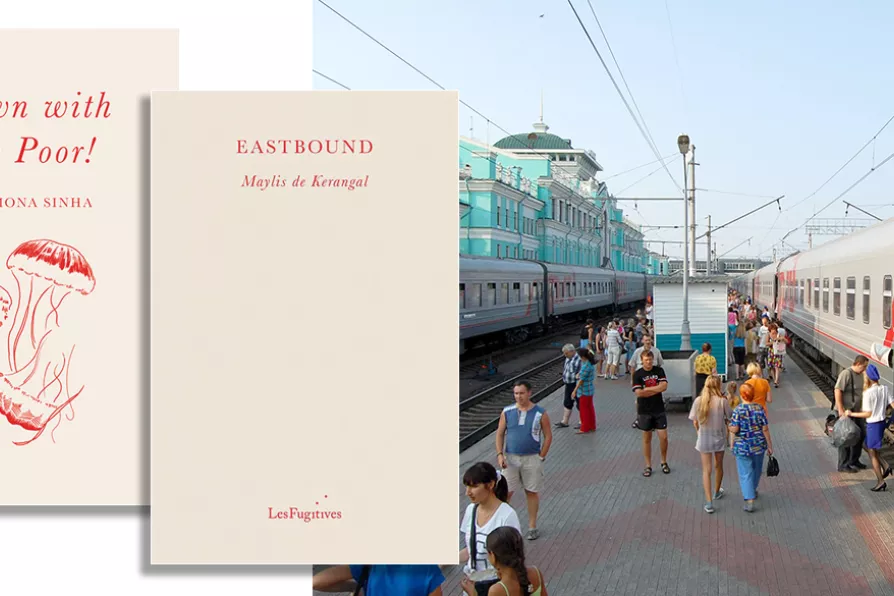JOHN GREEN, MARIA DUARTE and ANGUS REID review Fukushima: A Nuclear Nightmare, Man on the Run, If I Had Legs I’d Kick You, and Cold Storage
Freedom at novels’ heart
FIONA O’CONNOR recommends two novels telling of real contemporary experiences that question the nature of liberty and fraternity in present times

 The Trans-Siberian stops at Omsk
[Hugues/CC]
The Trans-Siberian stops at Omsk
[Hugues/CC]
Down with the Poor!
By Shumona Sinha
LesFugitives Press, £12.99
Eastbound
By Maylis de Kerangal
LesFugitives Press, £10.99
SHUMONA Sinha’s Down with the Poor! translated by Teresa Lavender Fagan, sets up a complex and perplexing position on south Asian immigration to France.
The first-person narrative belongs to a young Indian woman, a translator at asylum appeal hearings in Paris. She is spending the night in police cells having smashed a bottle over a man’s head — an asylum-seeker.
Similar stories

FIONA O'CONNOR recommends a biography that is a beautiful achievement and could stand as a manifesto for the power of subtlety in art

FIONA O’CONNOR is fascinated by a novel written from the perspective of a neurodivergent psychology student who falls in love

FIONA O’CONNOR steps warily through a novel that skewers many of the exposed flanks of the over-privileged

A uncomfortably misogynistic authorial voice that sometimes seems to lack insight troubles FIONA O’CONNOR









